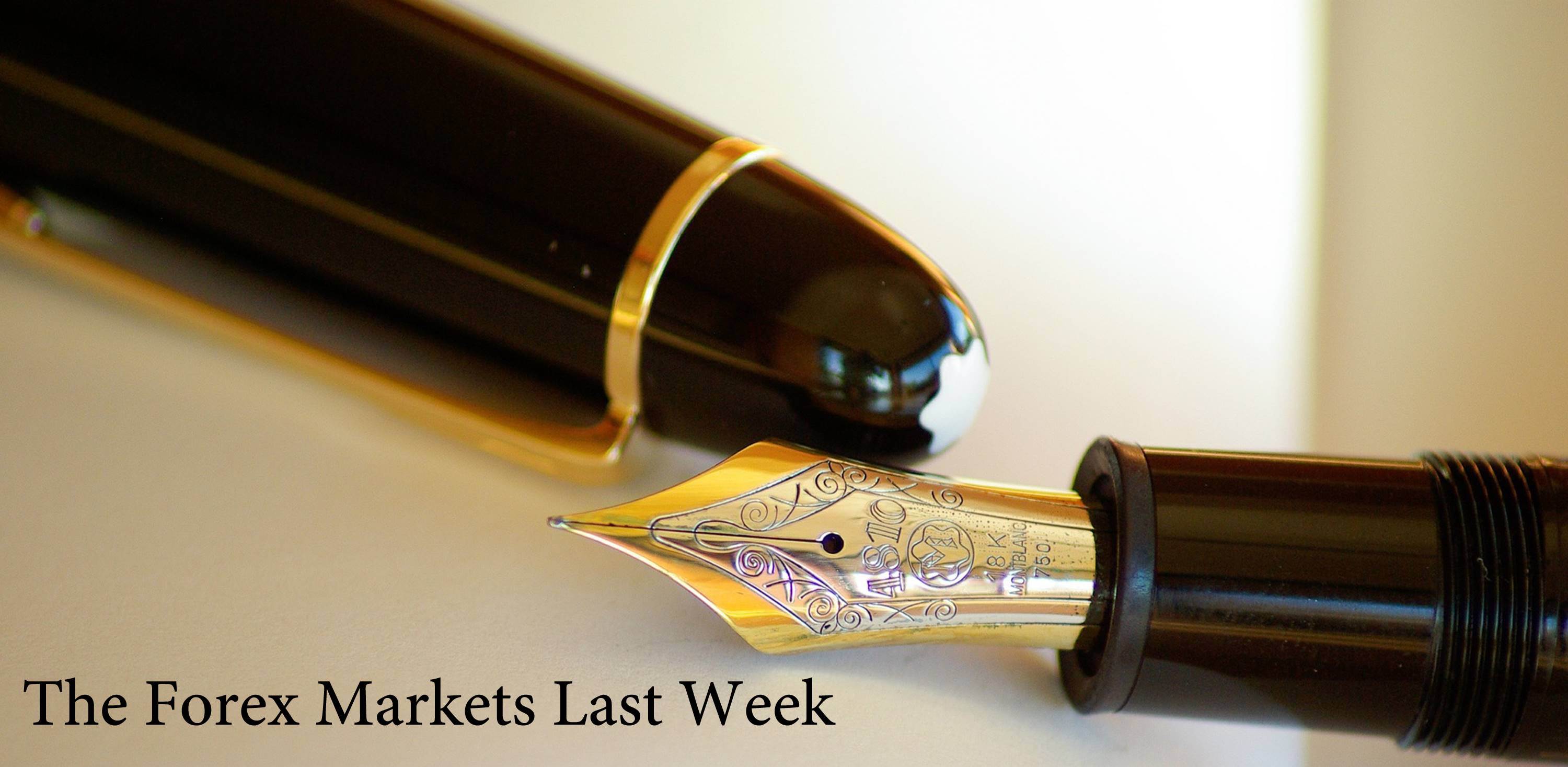 Sterling has continued its mini rally against the other major currencies. The reason was optimism that France and Germany might back Johnson’s alternative arrangements to the Irish backstop – therefore it is likely to be short-lived.
Sterling has continued its mini rally against the other major currencies. The reason was optimism that France and Germany might back Johnson’s alternative arrangements to the Irish backstop – therefore it is likely to be short-lived.
The major stock markets were mixed with the US markets down on fears of an intensified trade war with China.
In Europe over the course of the week, the FTSE was down on last week’s close by 0.31% at 7095; the Dax ended at 11612, 0.42% up on last week’s close; the CAC was up by 0.49% to end the session at 5326.9.
The Dow ended the week down by 0.99% to close at 25629. The Nasdaq composite index was down by 1.8% over the course of the week at 7751.8.
The Nikkei 225 ended the week’s trading up by 1.4% to end the session at 20711.
On the currency markets last week, the Pound again enjoyed the best of the trading. The Dollar was weaker against Sterling last week closing at $1.2262 to the Pound, a loss of 0.89% on the week. The Greenback was weaker against the Euro last week falling by 0.44% to close at $1.1140 to the Euro.
The Dollar weakened against the Japanese currency closing at 105.5 Yen to the Dollar, making a loss of 0.83%.
The Euro was lower against the Yen ending at 117.5, a loss of 0.38% over the course of the week. It was weaker against Sterling last week, the close saw one £ buying €1.1008, a loss of 0.44% on the week.
The Euro now buys 1.0870 CHF, a loss of 0.01% on the week.
On the commodities market, the price for Brent crude ended at $53.97 per barrel, a fall of 8% over the course of the week’s trading. The value of gold was higher last week closing at $1527.2 per ounce, a rise of 0.97% over the week.
The data that supports this article is drawn from Bloomberg, The Financial Times and X-rates.
